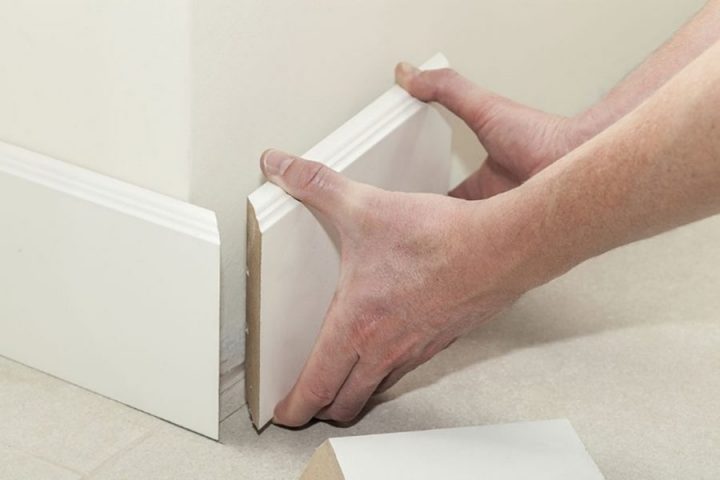What are the pros and cons of owning a home? In the modern age, real property remains the preferred way to build wealth. But even favorite methods come with advantages and disadvantages. Here are the two main pros, along with the one downside of ownership. Of course, there are dozens more, but the upside tends to far outweigh the negatives.
Pro: Long-Term Financial Security
What people often say is 100% true in that a house is an excellent long-term investment for most working adults who are willing to maintain it and make regular mortgage payments. For generations, there has been no better way for individuals and couples to build life-long financial security. Owning property means building equity with each monthly payment. In a way, houses are tangible savings accounts that tend to appreciate with each passing year.
Pro: Paying For College
Couples who have college-age children understand the profound advantage of being homeowners. That’s because when it comes time for youngsters to graduate from high school, the reality of the cost of a college education arrives in full force. Luckily, those who have lived in their homes for a few years can leverage the built-up equity from their previous FHA loan to obtain a HELOC (home equity line of credit). By gaining access to a source of funds that comes with a lower-than-average interest rate, it is a smarter way to cover college costs than to take out student loans.
Of course, not everyone can get a HELOC or wants to use their equity capital to pay for a child’s college education. The most efficient way to approach the situation is to check out a commonsense guide that helps homeowners make up their minds about whether to use a HELOC to help their children afford college. It makes sense to gather all the facts before deciding how to move forward. Parents who own homes are lucky to have a choice between taking out student loans or accessing the financial power of their property’s equity to deal with the situation.
Cons: Unpredictable Expenses
Even the happiest homeowners who choose the right mortgage lender have stories to tell about the money pit phenomenon of paying for all sorts of surprise charges. Things like roof repair, a cracked foundation, plumbing problems, electrical issues, and dozens of others can hit the family bank book hard and usually happen at the worst possible time. For all the positive aspects of being a property owner, the unpredictability of ongoing costs can burst the balloon of optimism. Homeowners’ insurance doesn’t cover everything, and even those policies come with monthly premiums.
Set funds aside in a designated repair fund, just like you would for car problems that can show up when you least expect them. It’s difficult to arrive at a monthly amount, so experiment with something like one-half of 1% of the value of your house. Then, hire a licensed inspector to examine the structure at least once per year. Read the report carefully and consider fixing whatever you can as soon as an inspector uncovers a problem. Being proactive can save you a significant amount of money in the long run and prevent many of the hassles of dealing with repairs.








